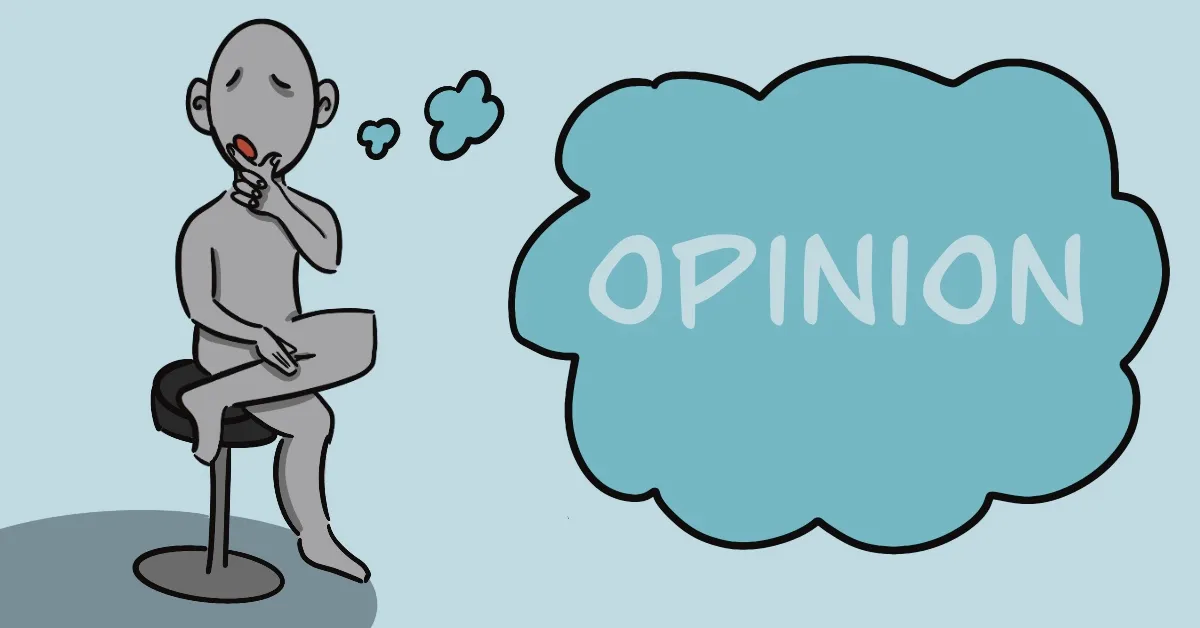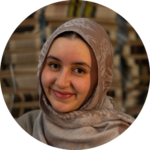Free Palestine from your silence
Your silence in the age of the internet is an inhumanity.
This article was meant to be published more than six weeks ago, but I fell victim to censorship by The Medium—and in that process, Palestinian rights were deemed subjective and ignorantly conditioned to a different standard of humanity. So, I write today, praying that my words pose no danger, but instead awaken the fear-mongering silence imposed on us by our institutes. I ask that you forever resist the intimidation against justice.
——————
Names carry stories, histories.
My name is Yasmine Benabderrahmane, and it is the story of a rich North African culture and Algerian colonialism. My name is my point of identification. My name is a story of lineages, genealogies, and histories.
Names are no different in Palestine. Yet, the world has gaslit the West into assuming that Palestinian humanity is secondary, that their names are less deserving of a story.
In Gaza, parents mark their children’s bodies with their names, in hopes of identifying their decapitated corpses. Within the first week of indiscriminate bombing in Gaza, a practice of collective punishment, 47 surnames—entire families—were permanently erased from the Palestinian civil registry.
As of November 24, 20,031 Palestinians have been murdered since October 7, 2023. When I wrote my first draft, the toll was 3,750. I implore you to check the updated count, for it has undeniably changed since publication.
Meanwhile, imprisoned or killed Israelis are respected and named. We hear from their relatives. We know their dreams and aspirations. We cover their stories in the media. That is human, and that is just.
But this humanity and justice does not extend to Palestinians. Not when the media coverage has limited human lives to numbers. Not when the media desensitizes us from the thousands of cold Palestinian bodies. Not when the media calls on Palestinian activists to be interrogated on live television.
I condemn and resist the violence that has taken place against all innocent civilians and my grief extends to the communities that have been affected—at our school and beyond. I condemn and resist the rising antisemitism, islamophobia, and racism in our communities. It is human to do so.
But it is also human to condemn and resist a violent apartheid state. When a settler colony actively upholds the “fragmentation, dispossession, and segregation” of an indigenous population, know that “apartheid” rests as the true definition of the system. When a settler colony has targeted more than 90 houses of worship, more than 65 journalists, and more than 120 hospital facilities and collapsed the Gazan healthcare system, know that “genocide” rests as the true definition of the situation.
In our age of information, where—for the first time—you can witness a catastrophe in real time, ignoring the genocide and ethnic cleansing of Palestinians is an ignorance of your own choice. It is solely in your inhumanity to blame. You lose your dignity the moment you choose to look away, the moment you stand “neutral” in the eyes of a genocide.
Redirecting the blame for this genocide is also an act of ignorance. Western colonial powers claim that the collective punishment dealt in Gaza is only a valid response to Hamas’s attack—a claim that sets the narrative in a vacuum that simply does not exist.
History does not begin the moment you take notice of it. This is an evolving story of 75 years of Israeli occupation.
In 1948, al-Nakba, the “Catastrophe,” took place. More than 700,000 Palestinians were expelled from their homes. Forced to flee or to survive as refugees in an open air prison within their own lands. The establishment of a Zionist state was assumed at the expense of Palestinians, masked under the narrative of a mere religious conflict. What was first a response to the brutal conditions that Jewish people endured in Europe soon gave birth to Jewish and white supremacy in the Middle East, one that has legalized a segregationist regime.
When a system chants, “A land without a people for a people without a land,” the dispossession, slaughter, and genocide of Palestinians become systemically justified. It paints Palestinians as subhuman. It dehumanizes and delegitimizes the existence of the Palestinian identity. It becomes an untitled ethnic cleanse, supported by our governments that have a history of settler colonialism.
So, it tires me to see Western governments, their media, and the public lecturing the children of colonization, children of apartheid, and children of slavery on the morality of resistance. They condemn Palestinian liberation because they do not know colonialism like we do. They learn about decolonization in the comfort of their history classrooms, romanticize resistance in the words of their dystopian books, and deem themselves worthy of this high moral pedestal from which they judge us and our resistance. They villainize resistance because it is a reminder of their active crimes. They criminalize our politics and movements for freedom, politicize their crimes, and serve that to the world as the norm.
Our institutes demand the decolonization of scholarship, but they do not know what decolonization looks like. Our institutes have convinced us that oppressors deserve a peaceful response to their oppression. We saw this in the criticism of US Civil Rights activism, in the censure of African liberation, and the disapproval of Asian state independence. If you recognize the pattern, yet continue to condemn Palestinian liberation, then you are a product of your time and media—not of your moral judgement.
In the process of silencing our voices, Israel has managed to unveil a final truth: the West has never and will never change. Our governments champion human rights, but that is an act. They champion truth and reconciliation, but that is an act. They champion decolonization, but that is an act.
In fact, as I type, “‘decolonialism”’ is underlined in a red, squiggly line. The line whispers to me, tries to confuse me. It tells me that decolonialism is a mistake. It corrects me, thinks it knows better. It condemns me— — condemns my decolonial efforts, condemns the decolonial efforts of my ancestors, and the decolonial efforts of every indigenous person. Western morality is much like that red, squiggly line.
So, I remind you about today. Today, a child aches for the warmth of his father’s hug, but he is met with the cold of a lifeless hand. Today, a grandmother sees her hope of return in the rubble that engulfed her family. Today, a mother buries her child, but she wishes she had died instead. Today, a boy next door clutches his phone, staring at his undelivered messages to his lover in Gaza. Today, a girl fights to write for the names that you have dissolved into numbers.
You will try to erase Palestine, but its people will live on in the trees, in the watermelons, in the olives, in the stitches of the tatreez in the lines of the kuffiyeh, in the cries of every mother, in the smiles of every child, in the bravery of every man, in the words of every poet, in the pride of our humanity, and in the guilt of your inhumanity.
Trying to fight an oppressor is hard enough, but trying to prove the existence of the oppressor makes it entirely impossible to gain victory. So, I leave you with Dr. Omar Suleiman’s words: “For too long, they’ve remained faceless. For too long, they’ve remained nameless. We can never allow them to make us voiceless.”
My name is Yasmine Benabderrahmane, and I resist the intimidation against Palestinian justice.
Associate Opinion Editor (Volume 50) — Yasmine is a third-year student, majoring in History and Anthropology. Her writing is best described as sometimes sarcastic, sometimes radical, and always an excuse to bring up her heritage (and colonialism). She hopes her work with The Medium will inspire conversations, debates, and a path to abandon our deeply rooted stubbornness. In her spare time, Yasmine enjoys reading, knitting, arguing with uncles on politics, and fangirling.



Thank you for representing us. Free Palestine.
A beautiful story, shamefully published too late. This is a crucial statement sharing the thoughts of millions. The irony of western media censorship and this being published 6 weeks later astound me. Congratulations for finally allowing her to speak freely and to share the reality.
So powerful words and right description of the apartheid and genocide that all humanity witnesses in silence! Darkest stain in the human history supported by old colonizers. History will remember! Shame on them!
An incredibly beautiful piece. Your resistance against Western censorship and your persistance to represent the people of Palestine is truly admirable. Thank you yasmine.